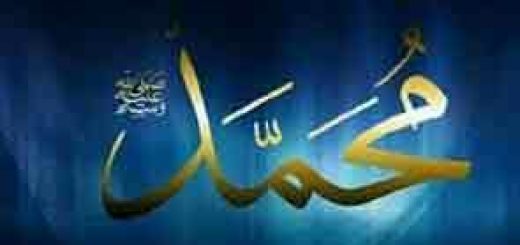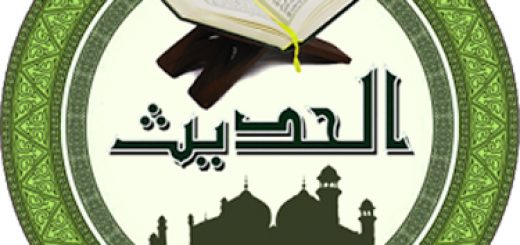In the light of the Holy Hadith
How to make knowledge useful?
The Messenger of Allah (?) said, “When a man dies, all his actions stop except three – 1) a permanent endowment for charity, 2) useful knowledge, 3) and righteous successors.”
(Sahih al-Muslim, Book 13, Hadith 1383)
Dear brothers and sisters,
Knowledge is power but knowledge without action is useless. We spend a lot of our time acquiring knowledge and information that we don’t need in our life. Hazrat Abu Bakr (R.A) said: “Knowledge without action is madness, and action without knowledge is void.” The person most severely punished on judgment day is one who did not benefit by his knowledge. For this reason, in the hadith mentioned above, our Prophet (pbuh) emphasizes for both useful knowledge and good deeds.
The first step towards knowledge is to know what we have to do. Some people are only focused on knowledge without action like Jews, and some people only love to act without knowledge like Christians; both are misguided. But Islam emphasizes both useful knowledge and good deeds. Because knowledge is power only when we take action. So we should act for good according to the knowledge what we acquired. Then our knowledge will be useful.
We should know that the knowledge of certain things cannot be taught through study and discussion. This type of knowledge can only be acquired through direct experience just as the knowledge of sweetness and bitterness cannot be known except by taste. If you want to acquire this type of knowledge, you must set yourself on a spiritual journey, and for this journey you will need four things. The first is an authentic religious Creed with a clear system of beliefs and principles. The second is sincere repentance after which you must avoid repeating previous sins. The third is reconciliation with enemies so no one has a claim against you. And finally the fourth is obtaining enough knowledge of the divine law to execute Allah’s commands on this journey. If you can perfectly perform these four actions, your knowledge will be useful for this world and hereafter.
Jobayer Al Mahmud, Student, Uludag University, Bursa, Turkey
















Recent Comments